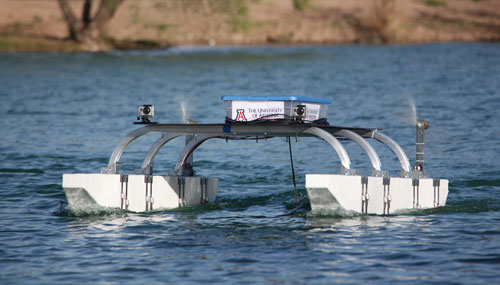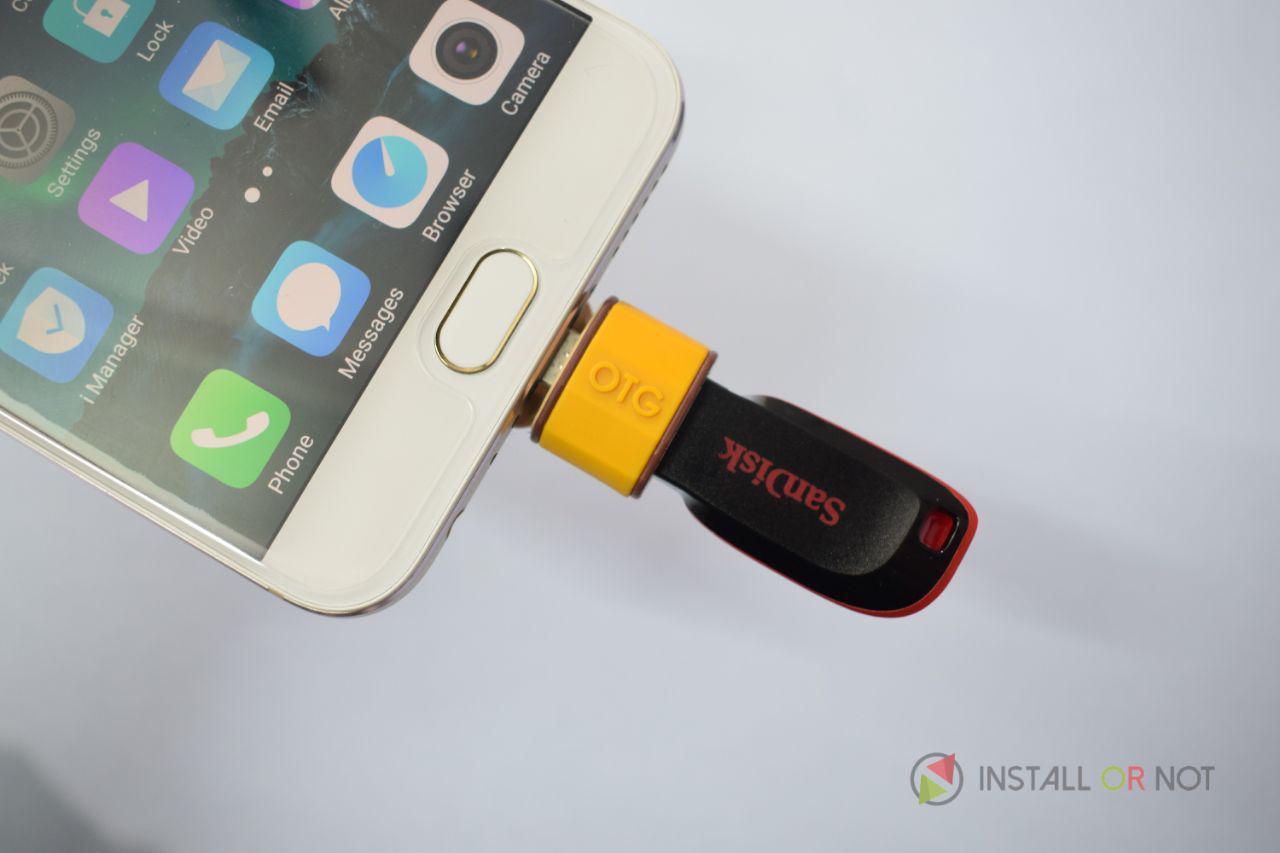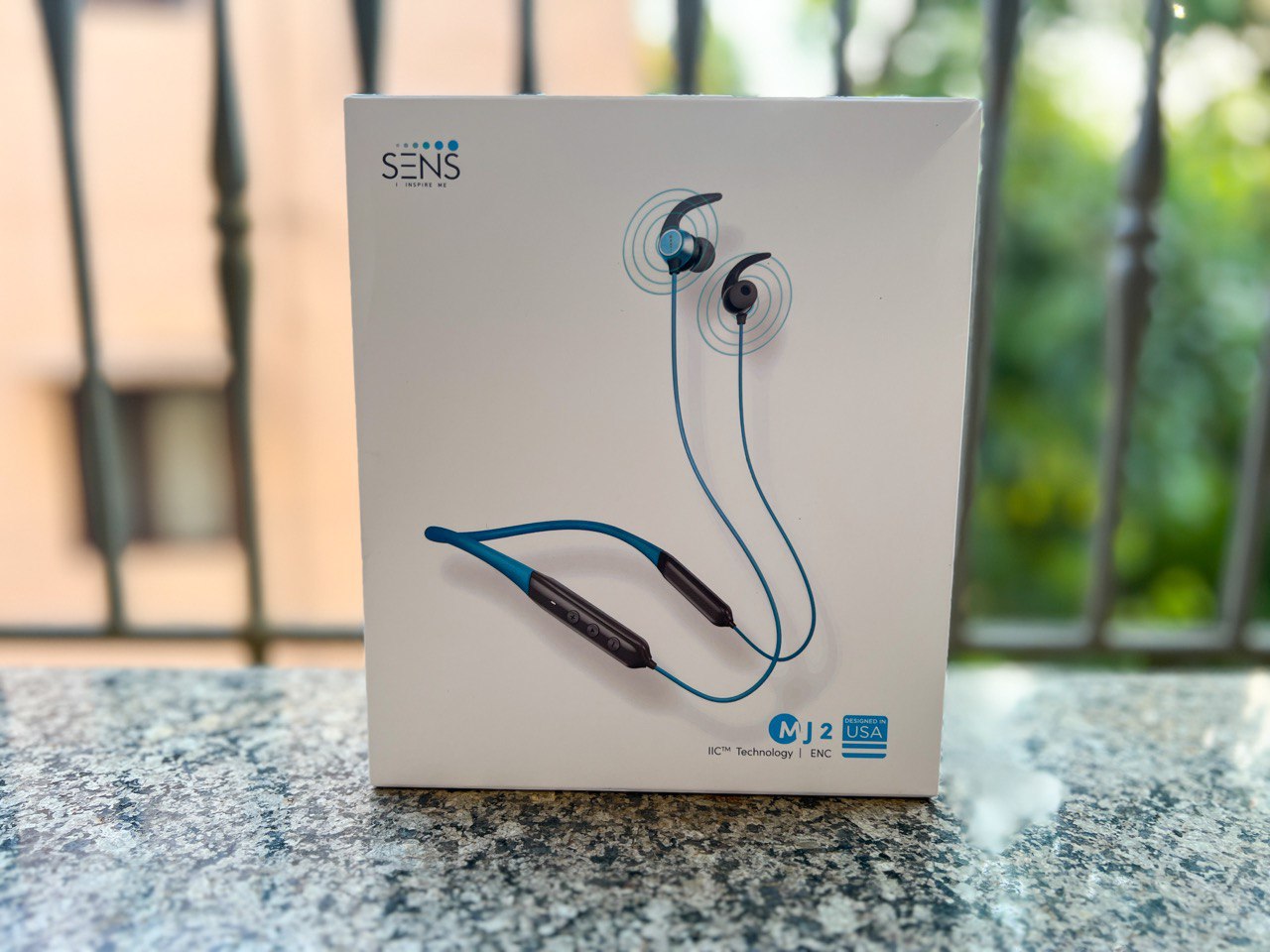A new contraption built by professor Wolfgang Fink of the University of Arizona may allow for easier exploration of liquid bodies on other planets. The TEX II is a prototype developed as an autonomous pontoon boat, equipped with a horde of sensors and cameras to record and relay data. Although this is nothing revolutionary, Fink has slightly out of this world plans.
He wants the TEX II to be part of a multi-tiered robotic expeditionary team sent to other celestial bodies. Unlike the multipurpose rovers used on Mars, Fink envisages a group of robots that work together, thereby allowing for a more intelligent and thorough exploration of other planets and moons. The team would include rovers, boars like the TEX II, blimps or similar airships and orbiting satellites.
The robots would gather information from their respective areas of study and share it with each other. This would allow for better coordinated exploration and the creating of a fuller picture of the makeup of a particular planet. Fink also wants to eventually develop a system whereby his robots display curiosity about the places being explored and also learn how to choose the most interesting targets based on past experiences.
While this degree of robotic intelligence is still a far cry from reality, Fink has some terrestrial plans for TEX II. The boat will be ready for deployment for defense and security missions soon, like harbor patrols or assisting in rescue operations.











